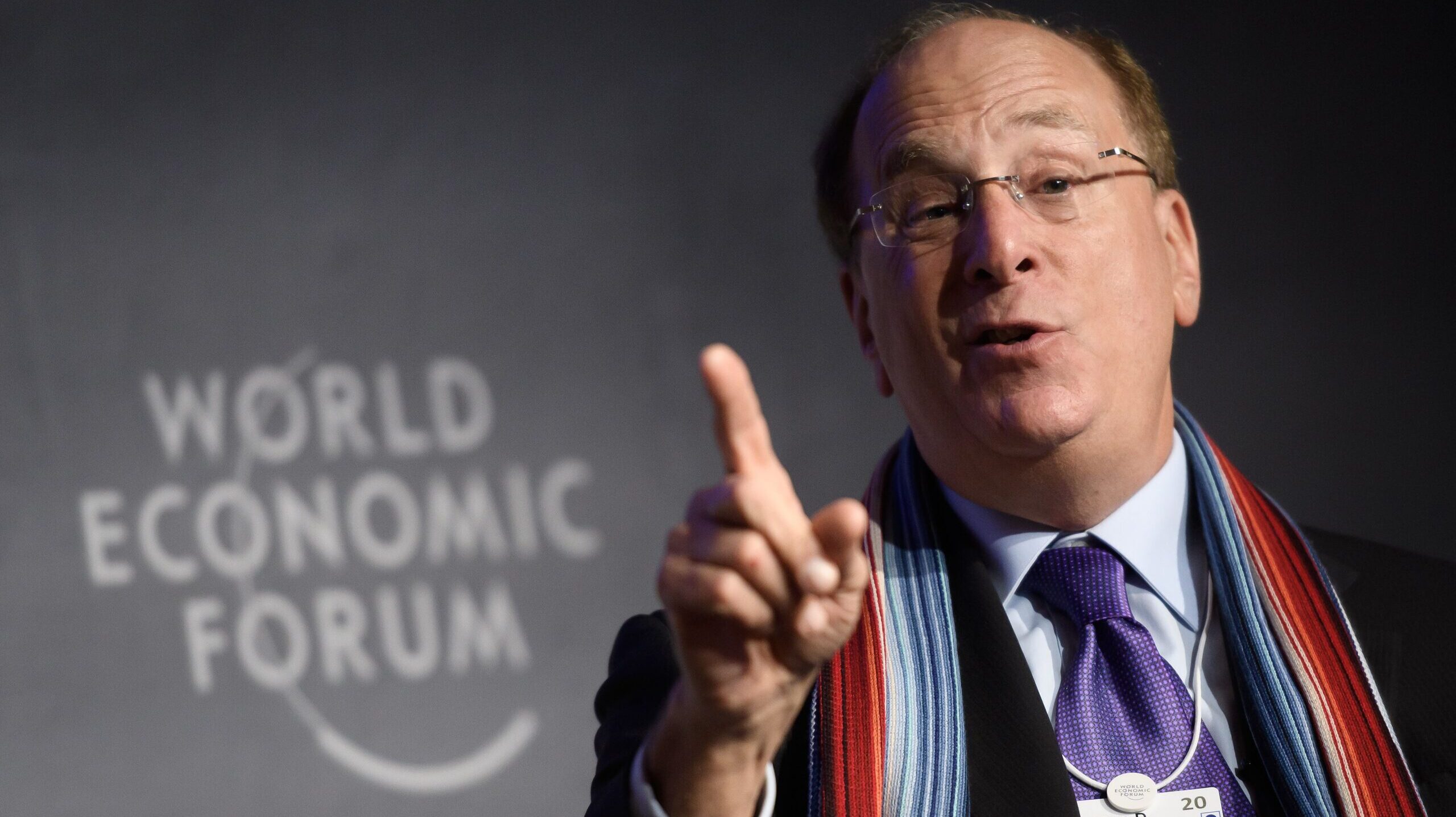Until the start of 2023, only a small but spirited chorus of critics had been raising the alarm about the unobjectionably named Environmental, Social, and Governance (ESG) investment movement. All the while, investors turned a blind eye to the concentration of quasi-political power in the hands of unelected investment bankers and Davos-jetting bureaucrats. Exhibit A for the pervasiveness of the ESG agenda was investing giant BlackRock and its CEO Larry Fink, who prioritised Net Zero emissions, board diversity and “purpose-driven” commerce, and in doing so took the decision-making power in American capitalism away from shareholders.
At that point, ESG remained a long-term trend. Global assets under management (AUM) in ESG had grown from $10 trillion in 2007 to more than $30 trillion. As late as November 2022, PricewaterhouseCoopers was predicting “exponential” growth for the initiative over the years to come.
But last year everything changed, and this week it was reported that BlackRock would be laying off 600 employees as it looks to de-emphasise its ESG activities. The firm had lost 10% of its $10 trillion AUM. How, then, was the behemoth finally felled?
After eight out of 10 ESG funds underperformed the S&P index in 2022, many explained it away through that year’s tech slump. But when the same thing happened in 2023, and Morningstar announced that sustainable equity fund returns trailed indices last year by more than a percentage point, ESG funds’ chronic underperformance became undeniable.
As the underwhelming financial evidence mounted, the political anti-ESG movement began growing real teeth. In December 2022, Florida withdrew $2 billion in state investments from BlackRock funds, and fully outlawed government investments in ESG in May 2023. Its approach rapidly spread to states including Ohio, Missouri, Louisiana, Arizona, Tennessee and Kentucky. By the end of 2023, ESG funds everywhere were haemorrhaging assets. As state, institutional, and private investors ran for cover, ESG investment vehicles lost 13% of their value — $5 trillion.
Fink gave the first indication that the industry knew something was wrong, when his 2023 CEO letter — an annual tradition since 2012 — never came. While he did publish an annual letter to investors (a far more standard practice for the head of an investment company), that letter did not mention “ESG” once, and used the word “sustainability” only twice.
In the financial press, the turn away from ESG has largely been presented as a swing of the pendulum, inevitable as soon as the movement’s financial underperformance became widely known. But this is too simple an explanation. It is axiomatic that constrained investing makes less money than unconstrained investing. Knowledgeable investors have always known that without collusion between companies and government regulators to raise the financial and social costs of failing to invest in ESG, such investments would not earn them money.
The indispensable element in bursting the ESG bubble has therefore not been financial, but political. We know this because Fink and his acolytes tell us as much. He has cited political “polarisation” as a reason for BlackRock’s move away from ESG, with allied New York City Comptroller Brad Lander bemoaning that conservatives had “made ESG investing part of the culture war”. Really, ESG’s boosters lost control of the narrative, one which relied on investors not knowing that their money was being used as collateral to push a political agenda for which they had never signed up.
The fact remains, however, that the battle against ESG has not been won yet. While the industry has contracted by $5 trillion, it still controls $30 trillion in assets — an amount equivalent to five times the US federal budget. For the financial sector to move on fully from ESG will require sustained political and financial pressure — against both BlackRock and its competitors.
BlackRock will recover from this last year, but investors will have to be vigilant to ensure that the firm’s changed approach remains deeper than surface-level. As financial reporter Chip Cutter noted this week, “many CEOs stress that they continue to follow ESG commitments made years ago — even if they are no longer talking about them as often publicly”. BlackRock’s leaders will surely find it difficult to sacrifice their political cache for truth in advertising.
But an even greater risk is that many of the policy goals of ESG — as the California Air Resources Board’s demonstrated in its 2035 gas car ban passed in 2022 — will move from the private sector’s purview into that of state and federal executive agencies. When the government makes ESG goals into federal policies, they will be adopted just as opaquely, with just as little public debate, but with no option to divest if we disagree.










Join the discussion
Join like minded readers that support our journalism by becoming a paid subscriber
To join the discussion in the comments, become a paid subscriber.
Join like minded readers that support our journalism, read unlimited articles and enjoy other subscriber-only benefits.
Subscribe